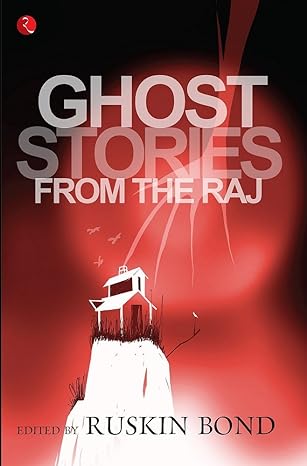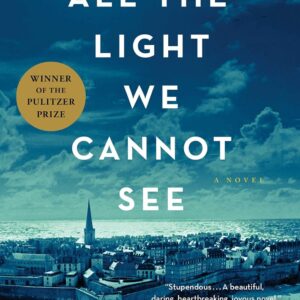Bhut, pret, pisach, dana,
Shiv ka kehna, sab nikal jana!
(Ghosts and spirits in house or tree,
In Shiv’s great name we bid thee flee!) Amongst the writers represented here, two were keen observers of Indian customs and folklore: Lt. Col. Sleeman, an administrator who, in the mid-nineteenth century helped eliminate the menace of the Thugs, a sect who waylaid and murdered innocent travellers; and C. A. Kincaid, one of the more enlightened of British officials, who wrote sympathetic books and essays on Shivaji, the Rani of Jhansi, and other heroic figures. Kipling, poet of the Empire, wrote the occasional ghost story; as did Alice Perrin, wife of an Indian official; her stories were quite popular in the 1920s. In Caulfield’s Crime, she reveals the more arrogant, cruel aspect of the colonial official. In The Summoning of Arnold she demonstrates that the spirits of the dead recognise no frontiers. Ghosts require no passports. They are truly universal beings! Kincaid brings a touch of humour to his stories, but this does not lessen their dramatic impact. The stories of this period tell us something about colonial attitudes—ranging from the paternalistic to the cynically indifferent—but we must remember that they were written purely to entertain, to enliven a dull railway journey, a sleepless night, a rainy day in the hills, a long sea voyage, or a period of recuperation from a tiring illness. Ghost stories are meant to frighten you, but at the back of your mind you know it’s all a nightmare from which you are going to wake. In other words, it’s a “safe” fear and you can enjoy the process of being frightened.
Doctor Johnson once said of the supernatural: “All argument is against it, but all belief is for it.” Those of us who enjoy reading ghost stories are the people who half believe or want to believe. Those who are already convinced of the existence of ghosts usually look for ‘factual’ accounts are usually very dull and consist of “sightings” of unusual phenomena, rather like the sightings of UFOs, unidentified flying objects, whose reconnoitrings are singularly without interest or purpose.
The human imagination is a wonderful thing, and I shall conclude this brief introduction with a ‘factual’ experience of my own, which was certainly hair-raising.
Some years ago, a neighbour of mine, an old English lady who lived alone, died of heart failure and was laid out on her bed for the night, as it was too late for the funeral. A friend and I decided that we would take turns at her beside, and at about midnight I sat down on an easy chair in the bedroom to undertake my part of the vigil. There had been the usual power failure, but we had lit candles and I could see the features of the corpse quite clearly. For some reason I couldn’t take my eyes off her face. Her eyes were closed, but after a while I was sure I could make out a slight smile on her lips. This smile gradually grew wider until it became a rather menacing grin. I was frightened out of my wits. Was I about to see her rising from the dead?
As the grin grew even wider, I got up from my chair, ready to flee the room. Just then there was a loud report, like a pop-gun going off, and her false teeth shot out of her mouth and rolled off the bed.
We had forgotten to remove her false teeth. Rigor mortis having set in, the rigidity of her jaws had forced her mouth into that terrifying grin, ejecting the teeth with considerable force. Not a ghost story, but a ghostly one all the same.
Happy Hauntings!
Product details
- Publisher : Rupa (1 February 2002)
- Language : English
- Paperback : 188 pages
- ISBN-13 : 978-8171679928
- Item Weight : 181 g
- Dimensions : 12.9 x 1.17 x 19.81 cm
About the author
Follow authors to get new release updates, plus improved recommendations.
 Ruskin Bond
Ruskin Bond
Ruskin Bond is the author of several bestselling novels and collections of short stories, essays and poems. These include The Room on the Roof (winner of the John Llewellyn Rhys Prize), A Flight of Pigeons, The Night Train at Deoli, Time Stops at Shamli, Our Trees Still Grow in Dehra (winner of the Sahitya Akademi Award), Angry River, The Blue Umbrella, Rain in the Mountains, Roads to Mussoorie, A Little Night Music, Tigers for Dinner, Tales of Fosterganj, and A Gathering of Friends.
Ruskin Bond was awarded the Padma Shri by the Government of India in 1999, a Lifetime Achievement Award by the Delhi government in 2012 and the Padma Bhushan in 2014.










Reviews
There are no reviews yet.